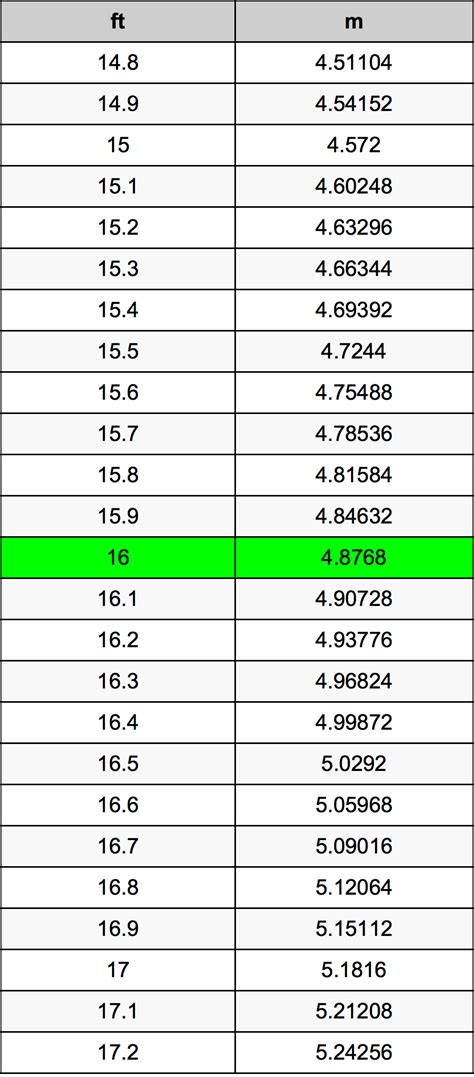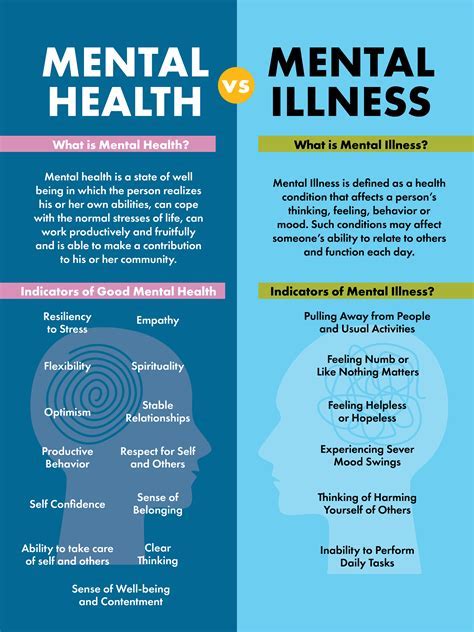Health Informatics in Modern Healthcare
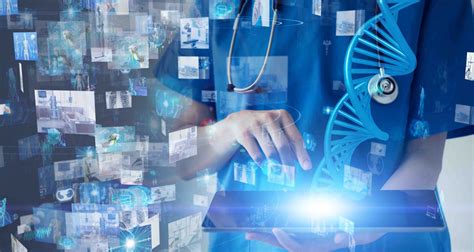
Introduction to Health Informatics
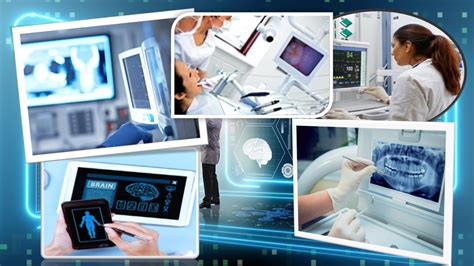
Health informatics is a rapidly growing field that combines healthcare and information technology to improve patient care, streamline clinical workflows, and enhance the overall quality of healthcare services. The application of health informatics has become increasingly important in modern healthcare, as it enables healthcare professionals to make informed decisions, reduce medical errors, and provide more effective treatments. In this blog post, we will explore the role of health informatics in modern healthcare, its benefits, and the future directions of this field.
What is Health Informatics?
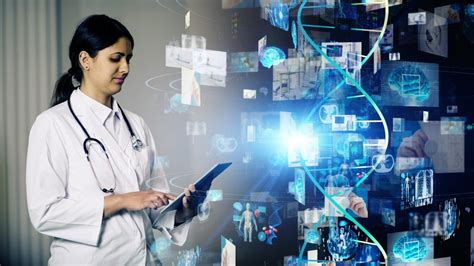
Health informatics is the intersection of healthcare, information science, and computer science. It involves the design, development, and implementation of information systems, software applications, and other technological solutions to support healthcare practices, research, and education. Health informatics encompasses a broad range of topics, including clinical decision support systems, electronic health records (EHRs), telemedicine, and medical imaging. The primary goal of health informatics is to improve the efficiency, effectiveness, and quality of healthcare services by leveraging information technology.
Benefits of Health Informatics
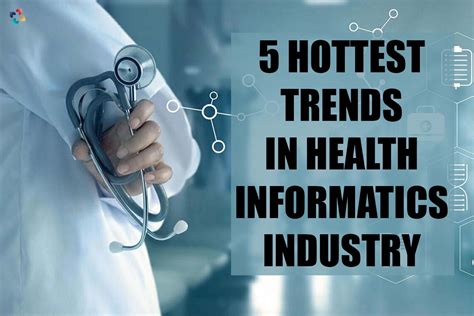
The benefits of health informatics are numerous and well-documented. Some of the key advantages of health informatics include: * Improved patient outcomes: Health informatics enables healthcare professionals to make informed decisions, reduce medical errors, and provide more effective treatments. * Enhanced patient engagement: Health informatics facilitates patient-centered care, enabling patients to take a more active role in their healthcare through patient portals and mobile health applications. * Increased efficiency: Health informatics streamlines clinical workflows, reduces paperwork, and automates routine tasks, freeing up healthcare professionals to focus on more critical tasks. * Better data management: Health informatics enables the collection, analysis, and dissemination of healthcare data, facilitating quality improvement initiatives and research studies.
Applications of Health Informatics
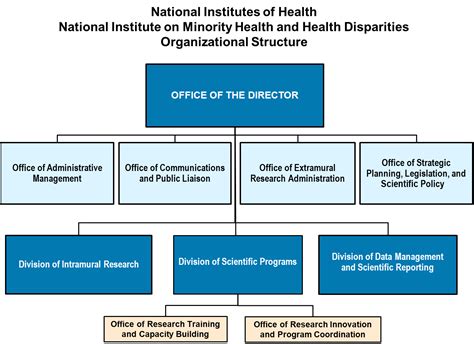
Health informatics has a wide range of applications in modern healthcare, including: * Clinical decision support systems: These systems provide healthcare professionals with real-time, evidence-based recommendations to support clinical decision-making. * Electronic health records (EHRs): EHRs are digital versions of patient medical records, enabling healthcare professionals to access and share patient information securely and efficiently. * Telemedicine: Telemedicine enables remote consultations and monitoring, expanding access to healthcare services, particularly for rural or underserved populations. * Medical imaging: Medical imaging involves the use of technologies such as computed tomography (CT) scans and magnetic resonance imaging (MRI) to diagnose and treat medical conditions.
Future Directions of Health Informatics
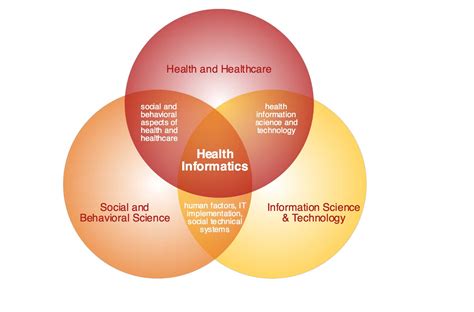
The future of health informatics is exciting and rapidly evolving. Some of the emerging trends and directions in health informatics include: * Artificial intelligence (AI): AI has the potential to revolutionize healthcare by enabling the development of predictive analytics, natural language processing, and computer vision. * Big data analytics: The increasing availability of large datasets and advanced analytics techniques enables healthcare professionals to identify patterns, trends, and insights that can inform clinical decision-making and quality improvement initiatives. * Internet of Things (IoT): The IoT involves the integration of physical devices, sensors, and other technologies to create a network of interconnected devices that can collect and exchange data. * Precision medicine: Precision medicine involves the use of advanced genomics, proteomics, and other technologies to develop personalized treatments and therapies.
💡 Note: The future of health informatics is highly dependent on the development of new technologies, the availability of funding, and the willingness of healthcare professionals to adopt and implement these technologies.
Challenges and Limitations of Health Informatics
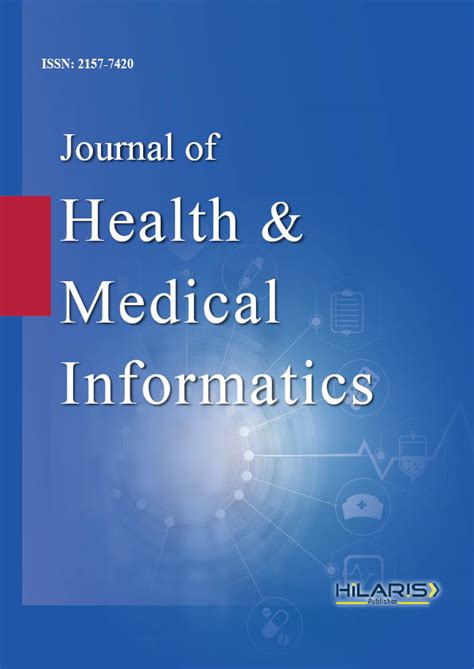
Despite the many benefits and opportunities presented by health informatics, there are also several challenges and limitations that must be addressed. Some of the key challenges include: * Data security and privacy: The increasing use of digital technologies in healthcare raises concerns about data security and privacy, particularly in the context of cybersecurity threats and data breaches. * Interoperability: The lack of interoperability between different healthcare systems and technologies can create barriers to data exchange and sharing. * User adoption: The adoption of new technologies and systems can be slow, particularly among healthcare professionals who may be resistant to change or lack the necessary training and support. * Funding and resource constraints: The implementation and maintenance of health informatics systems and technologies can be costly, particularly for small or resource-constrained healthcare organizations.
Best Practices for Implementing Health Informatics
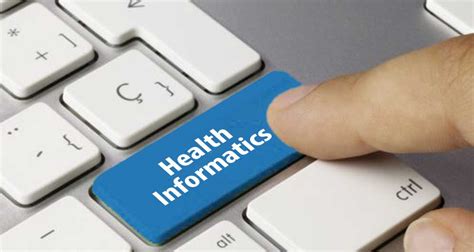
To ensure the successful implementation of health informatics, healthcare organizations should follow best practices such as: * Conducting thorough needs assessments: Healthcare organizations should conduct thorough needs assessments to identify gaps in care, prioritize areas for improvement, and develop targeted solutions. * Developing strategic plans: Healthcare organizations should develop strategic plans that align with their overall mission, vision, and goals. * Providing training and support: Healthcare organizations should provide training and support to healthcare professionals to ensure they have the necessary skills and knowledge to effectively use new technologies and systems. * Monitoring and evaluating outcomes: Healthcare organizations should monitor and evaluate outcomes to assess the effectiveness of health informatics initiatives and identify areas for improvement.
| Health Informatics Initiative | Benefits | Challenges |
|---|---|---|
| Clinical decision support systems | Improved patient outcomes, reduced medical errors | Data quality issues, user adoption |
| Electronic health records (EHRs) | Improved data management, enhanced patient engagement | Interoperability, data security and privacy |
| Telemedicine | Expanded access to healthcare services, reduced costs | Technical issues, reimbursement challenges |

In summary, health informatics plays a critical role in modern healthcare, enabling healthcare professionals to make informed decisions, reduce medical errors, and provide more effective treatments. The benefits of health informatics are numerous, and the future directions of this field are exciting and rapidly evolving. However, there are also several challenges and limitations that must be addressed, including data security and privacy, interoperability, user adoption, and funding and resource constraints. By following best practices and staying up-to-date with the latest trends and technologies, healthcare organizations can ensure the successful implementation of health informatics and improve the quality and efficiency of healthcare services.
What is health informatics?
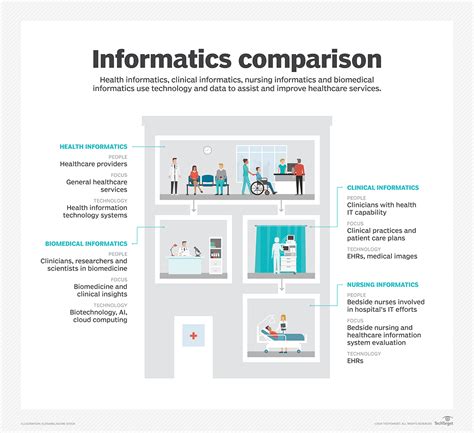
+
Health informatics is the intersection of healthcare, information science, and computer science, involving the design, development, and implementation of information systems, software applications, and other technological solutions to support healthcare practices, research, and education.
What are the benefits of health informatics?
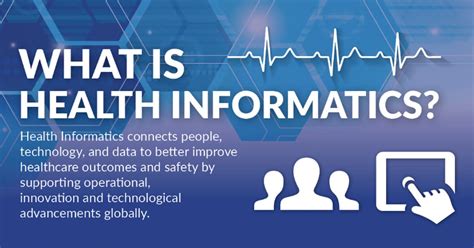
+
The benefits of health informatics include improved patient outcomes, enhanced patient engagement, increased efficiency, and better data management, among others.
What are some of the challenges and limitations of health informatics?
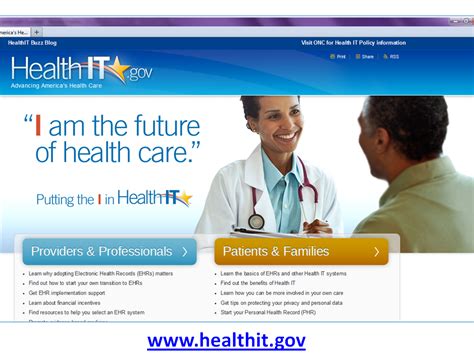
+
Some of the challenges and limitations of health informatics include data security and privacy, interoperability, user adoption, and funding and resource constraints, among others.
Related Terms:
- Advanced health informatics
- Informatics in healthcare
- Current trends in health informatics
- Health informatics NIH
- Research on health informatics
- Health Informatics journal articles

